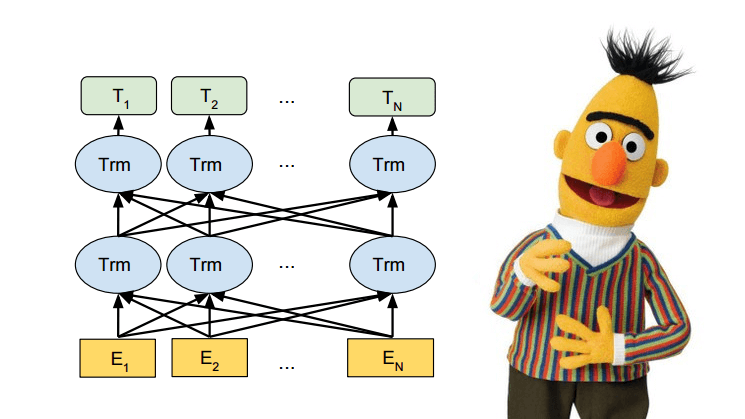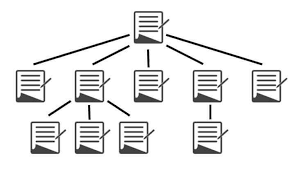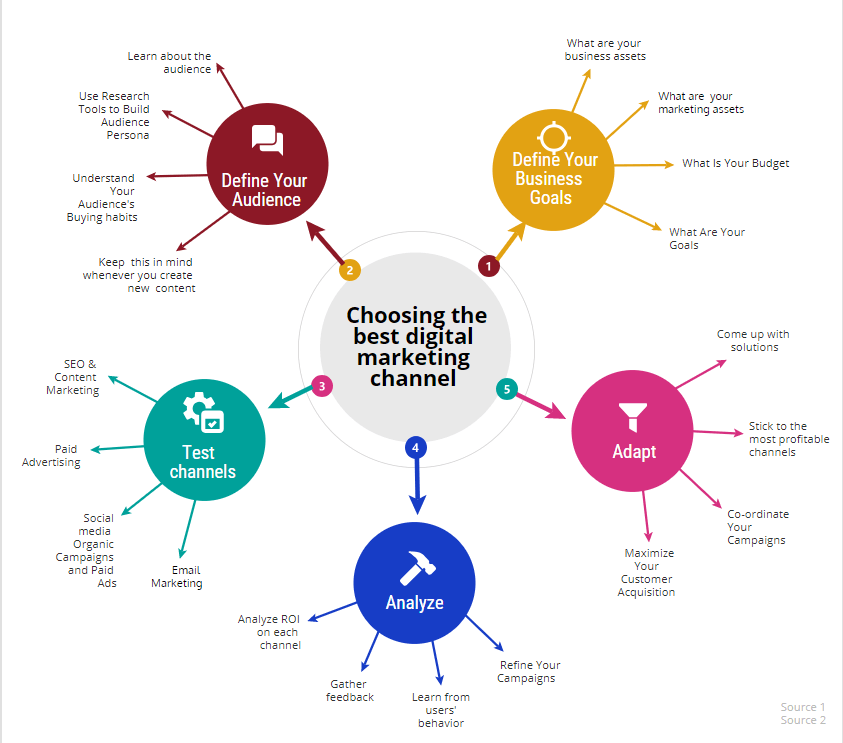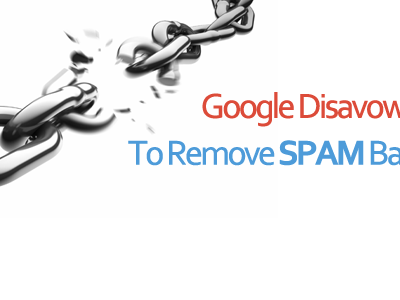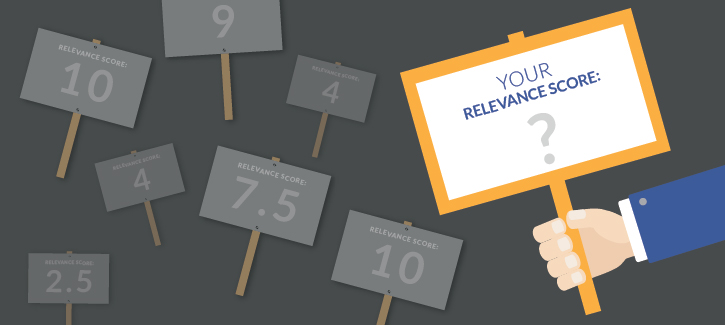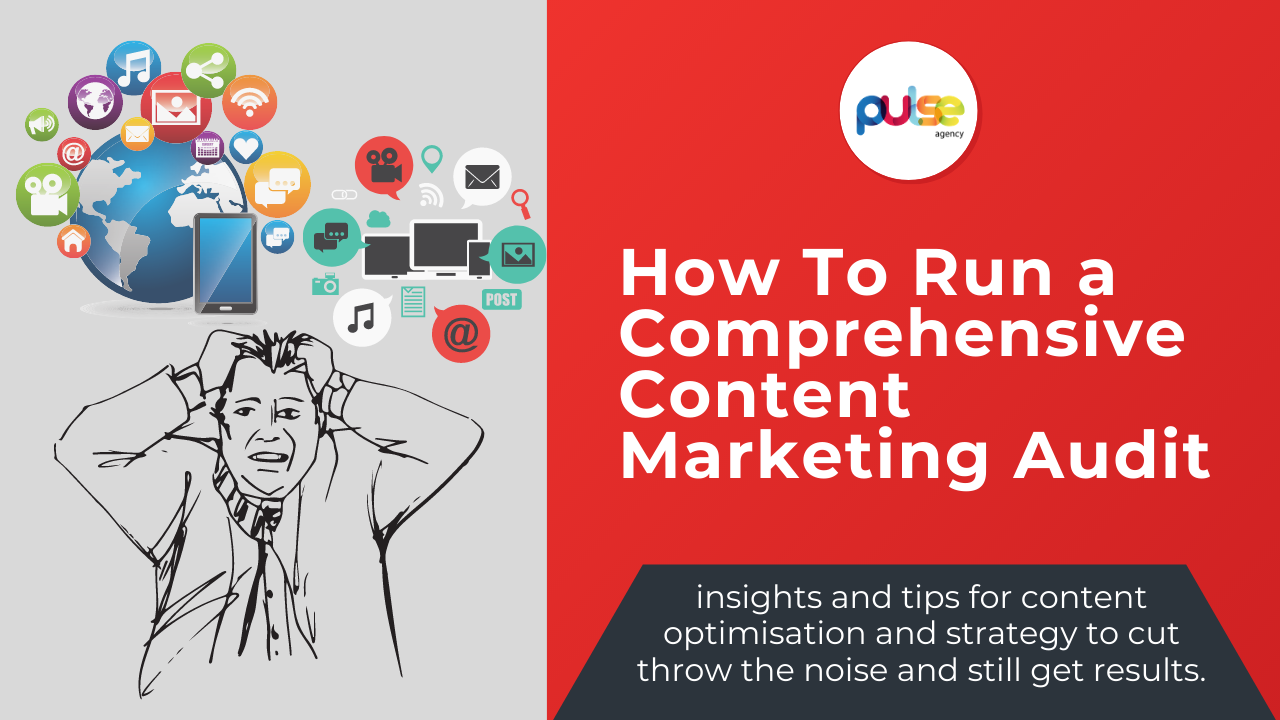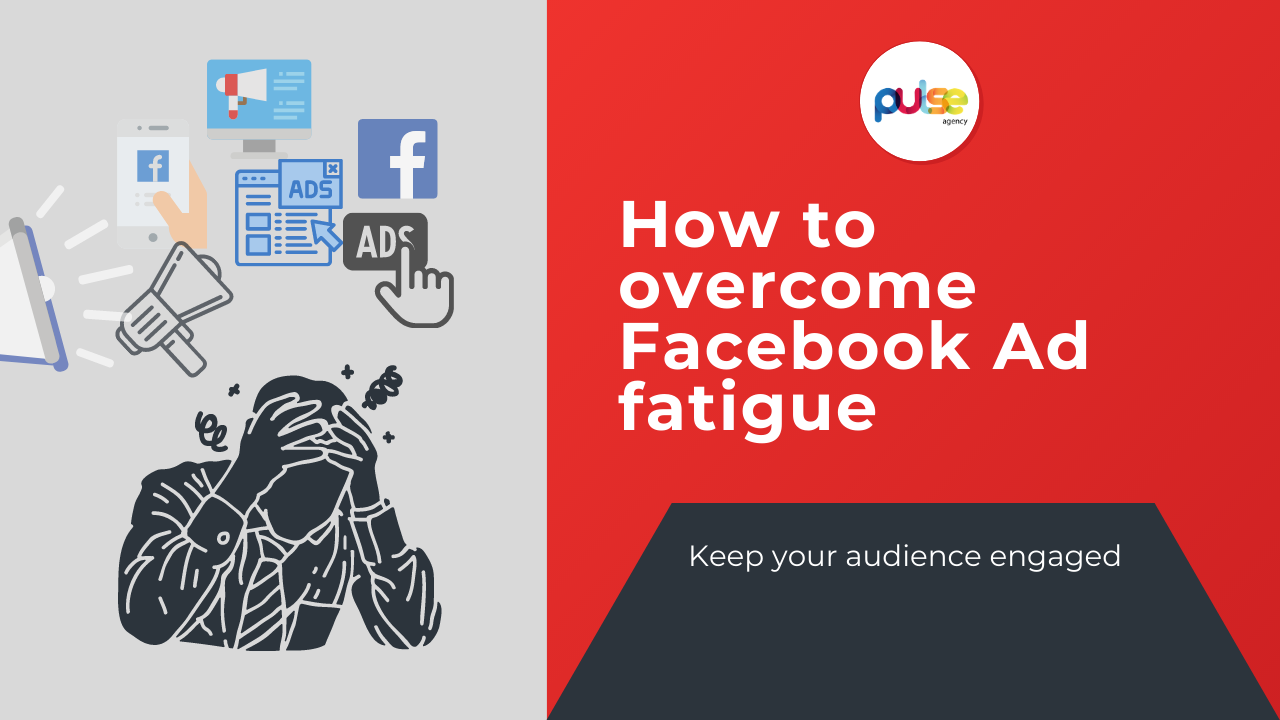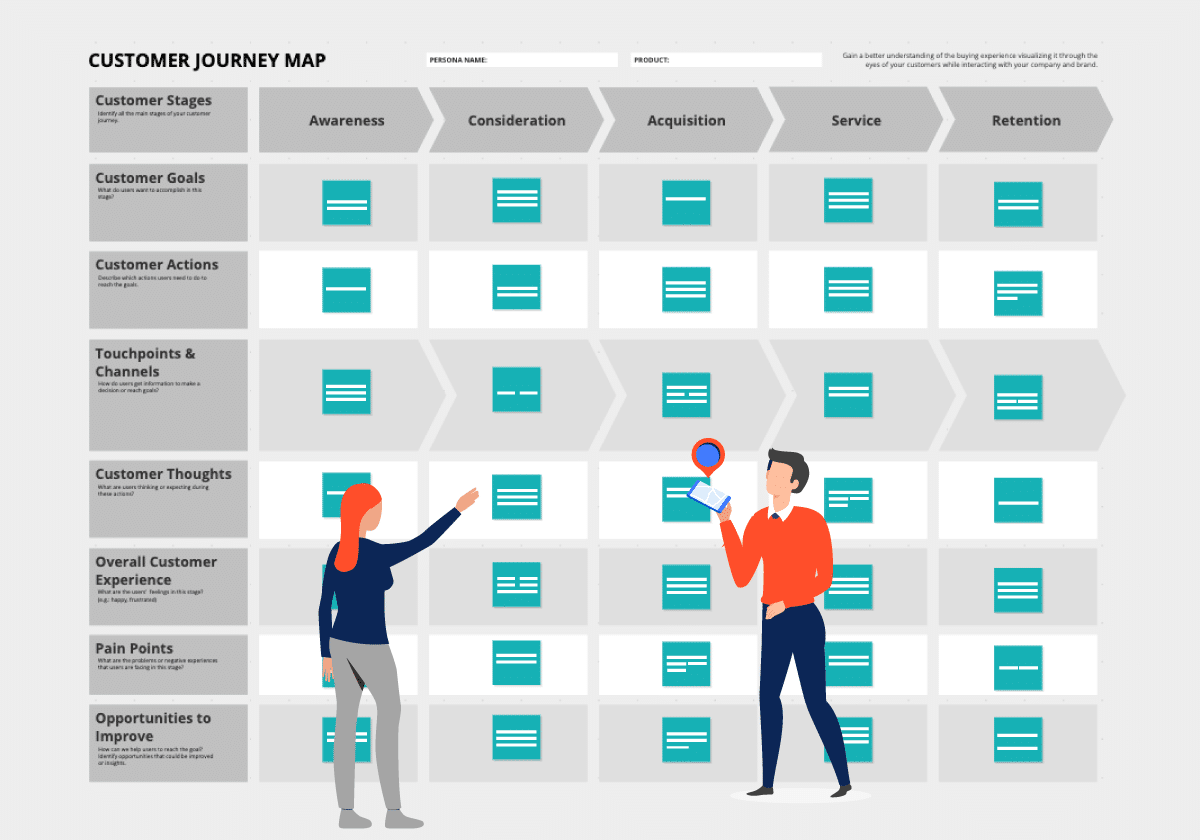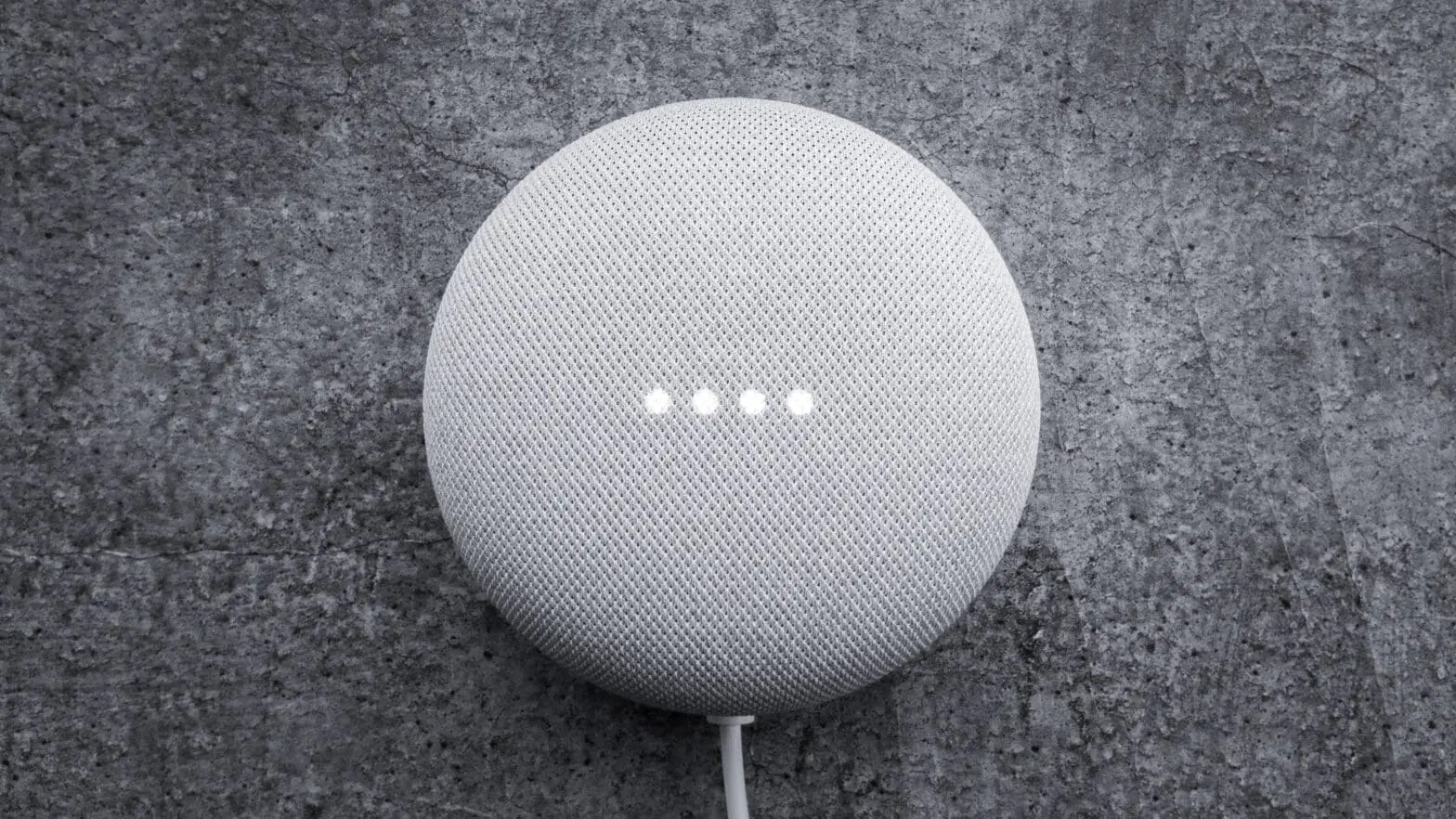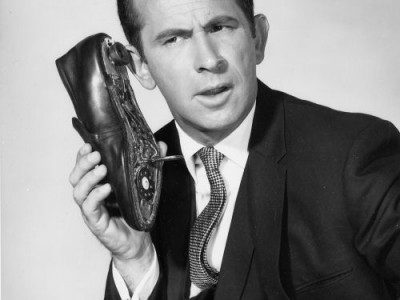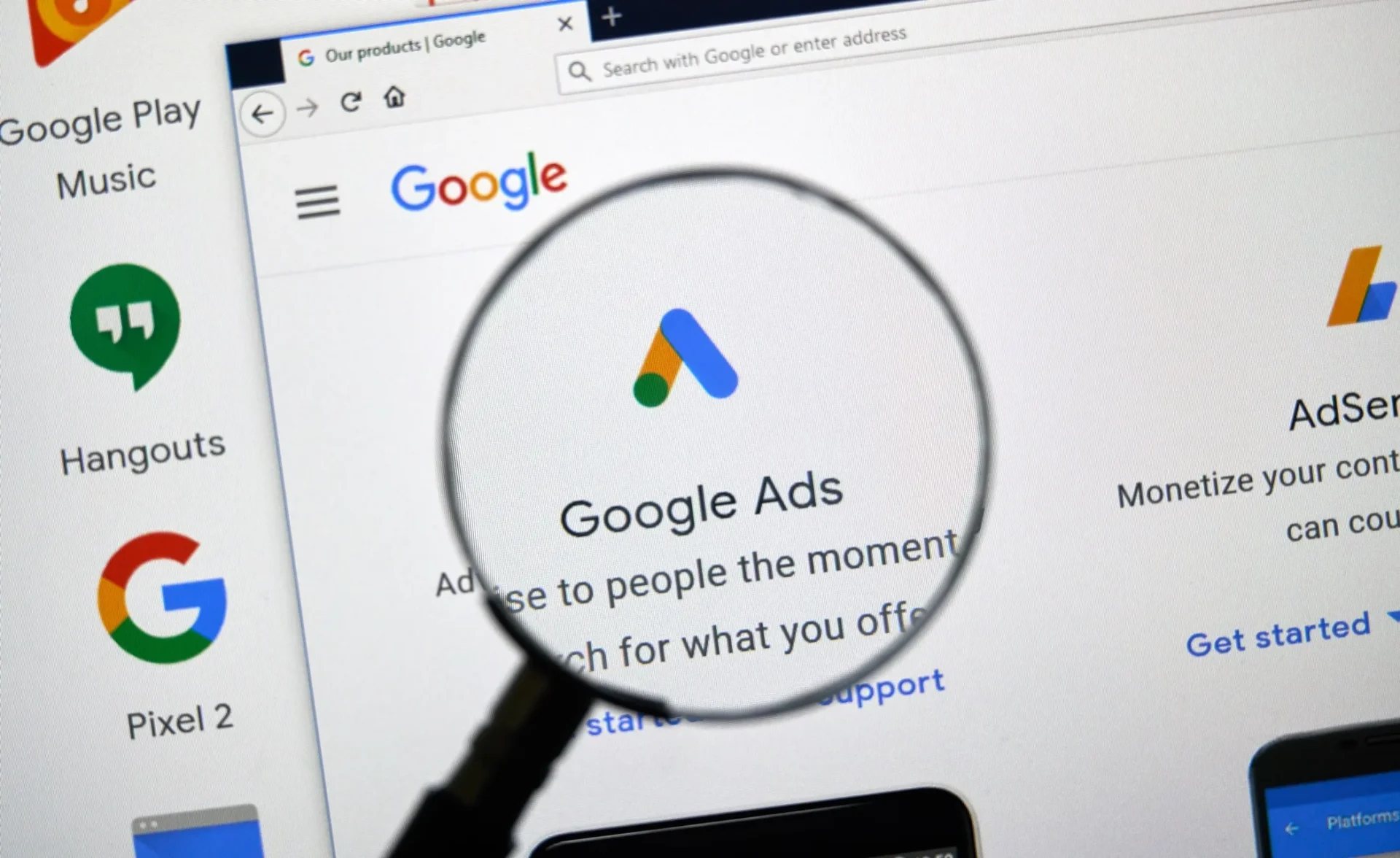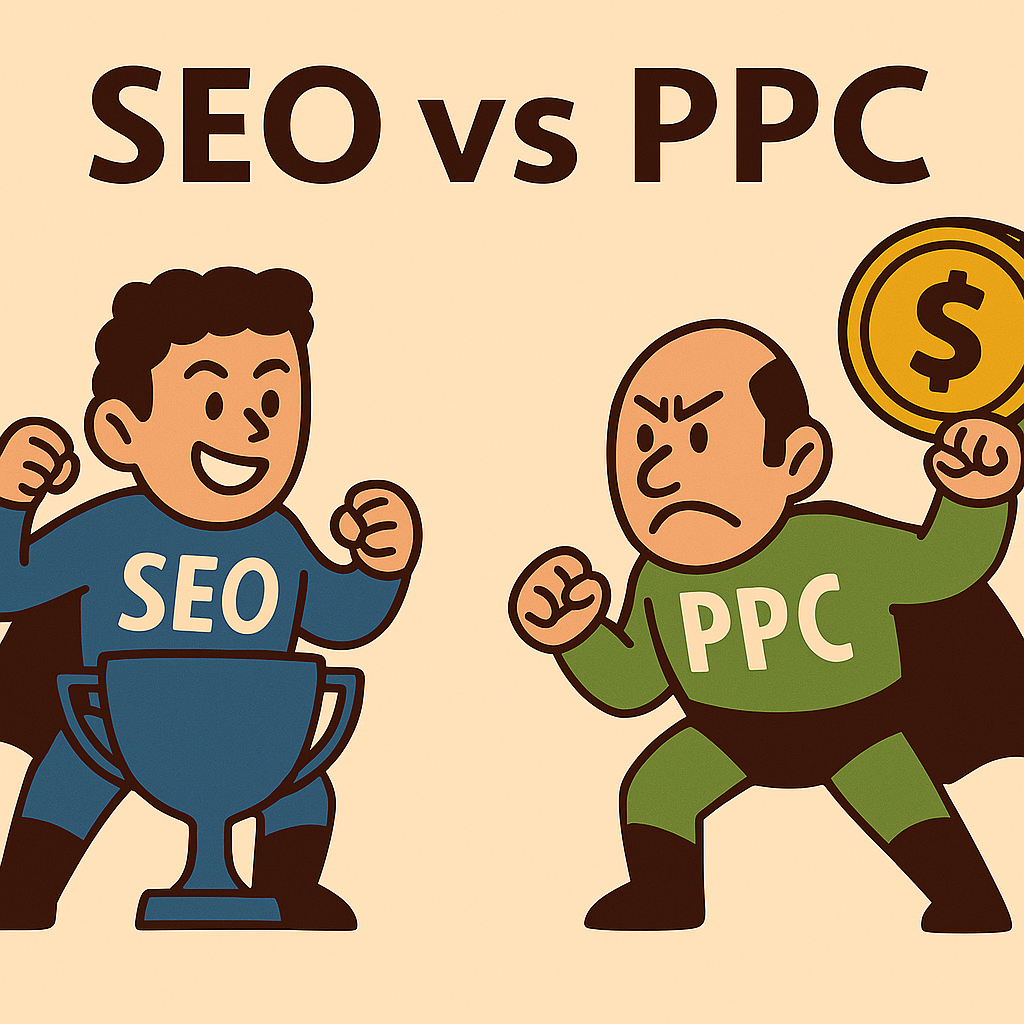Why does your small business need to start using call tracking software?
Contrary to some digital marketers’ opinion, call volumes are presently on the rise, with phone calls remaining a key channel for leads and sales across industries. While some specialists consider call tracking a tedious and mostly unnecessary task, skilled marketers are aware of the importance of collecting information about each call. If you own a […]
Contrary to some digital marketers’ opinion, call volumes are presently on the rise, with phone calls remaining a key channel for leads and sales across industries. While some specialists consider call tracking a tedious and mostly unnecessary task, skilled marketers are aware of the importance of collecting information about each call.
If you own a small company and spend some money on advertising campaigns or SEO but cannot really understand the value of your digital marketing, this post is for you. We have gathered here the key reasons why small businesses need to leverage call tracking.
Table of Contents
What is call tracking?
Call tracking is the process of assigning trackable phone numbers with ads, web pages, or search keywords so that marketers can easily measure the value of inbound calls driven by their marketing sources. The results are tracked and measured in a CRM. If call tracking solutions are equipped with AI, marketers can also get valuable insights regarding the quality and outcome of each call.
Phone tracking can be set up in two ways:
1-to-1 Call Tracking: Unique phone numbers are generated and assigned to all your marketing sources (online, offline ads, content, direct mail, etc). You can then easily understand the performance of each source by tracking the call volume coming from each of these numbers.
Dynamic Number Insertion (DNI): A piece of JavaScript code is implemented on your website. When users visit your website, this JS code dynamically replaces the phone number with a unique trackable phone number linked to each visitor, including how they arrived on the website, session duration, etc. This way, your call tracking solution captures complete data on the call and the caller and makes it available for marketers to view in reports.
Why is call tracking so important?
The most important benefits of a call-tracking solution are:
A Valuable Insight On Your Marketing ROI
With call tracking, you can answer questions like, “How much did each of my digital ad campaigns generate for me in calls?” or “What percentage of my overall inbound phone calls come from Facebook ads?” In other words, call tracking will tell you how effective your marketing channels are and what you can do to improve them.
Better Monitoring Smartphone Usage
Call tracking solutions allow marketers to monitor calls coming from online ads and made through smartphones. Understanding how interconnected your marketing channels are is essential for certain industries, such as the hotel industry, which still gets 25% of their reservations via the phone.
Tracking offline channels:
With call tracking software, you can understand the quantity and quality of your offline marketing efforts, such as TV & radio ads, flyer offerings and trade show participation. Instead of asking callers how they found out about your business, you get to see exactly what number they have dialled.
Improving User Experience:
Analyzing phone calls will help you better understand your target audience. If call tracking provides valuable quantitative and analytical data marketers can use to improve ROI, listening to call recordings can also offer marketers and business owners a valuable opportunity to assess the quality of their customer service. This can generate ideas about how to build better customer relationships to improve customer retention.
Does your business need call tracking?
We have already agreed upon the fact that call tracking is a powerful marketing & sales weapon. According to Hubspot, 60% of smartphone users have contacted a business directly using the search results (e.g. “click to call” option). (Think with Google, 2019) (Source: https://www.hubspot.com/marketing-statistics)
This means that if you aren’t analyzing your phone calls and see how you could convert most of these leads into sales, you’re leaving money on the table – and that sucks. But are phone calls critical to your business model?
For some industries, phone calls are not as critical to the marketing process as they are in others. For example, if you started a plumbing business and want to grow fast, you should definitely track calls.

Your prospects will probably go to Google and type keywords like “plumbing specialist” or “plumbing service,” click on one or two ads, and then call to schedule a time for the work. By following your customer’s conversion path, you can determine which keywords, ads, and campaigns drive the calls that convert to new clients.

Are you running a legal office? You must know how fierce the competition is in your field. Each click is expensive, and each phone is valuable. Unfortunately, most legal offices fail to track calls because they don’t realize the importance of call tracking for maximizing ROI. However, once they properly track conversions, they can use paid search campaigns more intelligently, bringing loads of profit to their business.

Call tracking is essential for many other businesses, such as real estate agencies, educational institutions, healthcare facilities, hotels and travel agencies, IT companies, automotive businesses, and businesses offering services in general.

Without call tracking, these industry marketers won’t be able to understand the value of their paid marketing efforts.
Conclusion
Building your strategy on complete marketing data and marketing attribution will allow you to easily measure advertising effectiveness, improve service quality and reduce customer acquisition costs.







